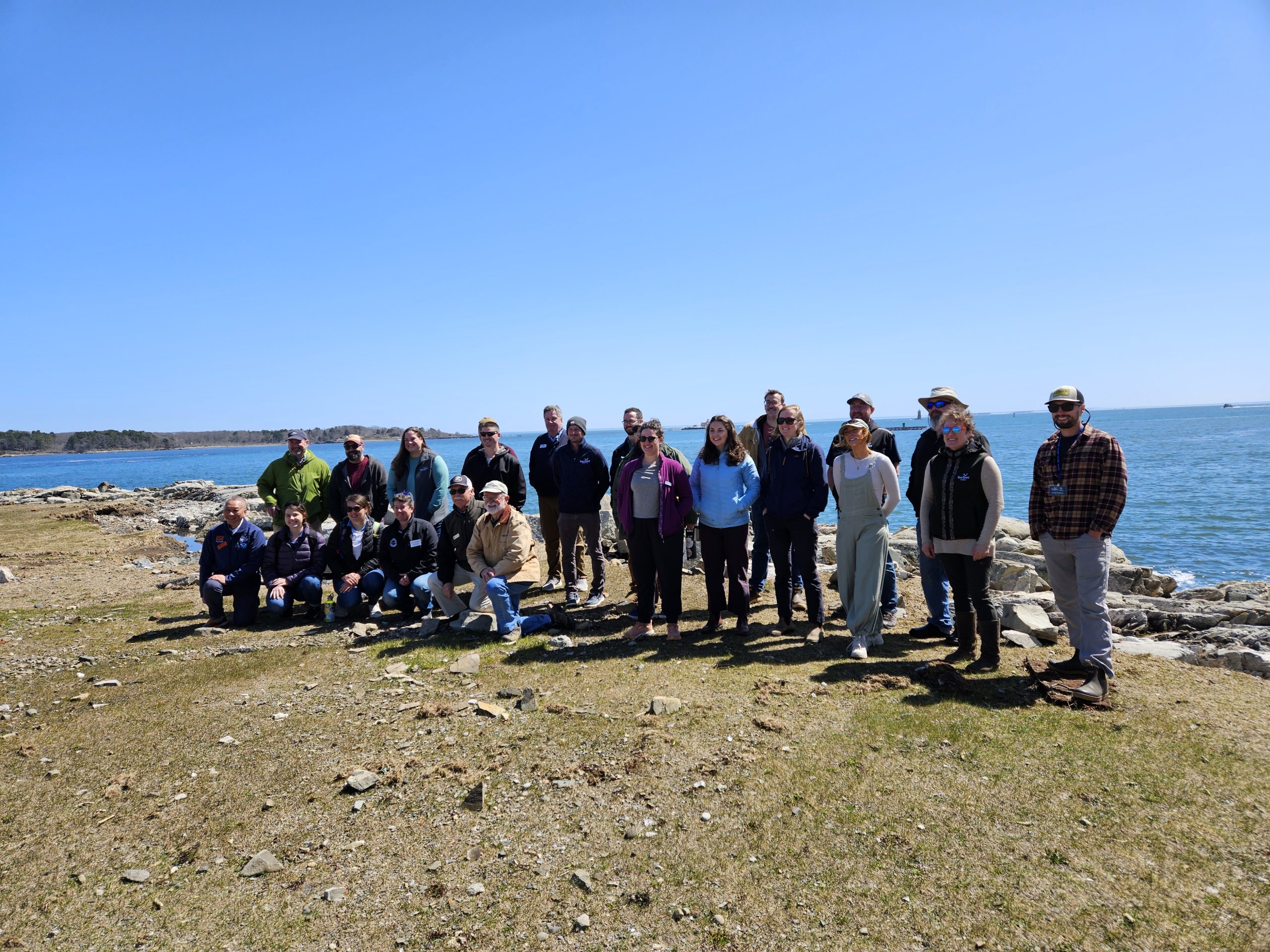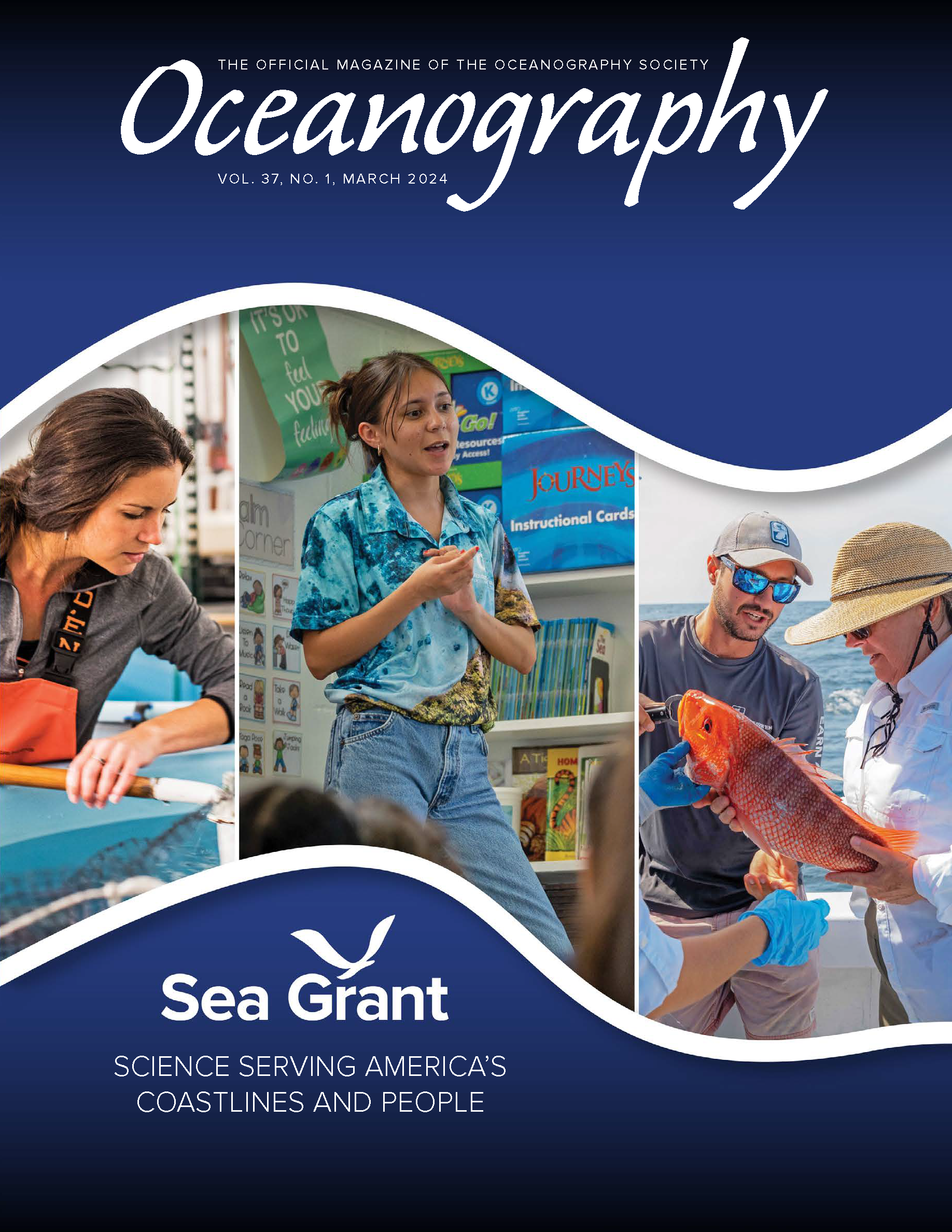Future leaders helping with climate adaptation
By Kathryn Baltes, MIT Sea Grant
The city of Chelsea, Massachusetts’ Planning Board has new climate change adaptation guidance thanks to a group of students from Worcester Polytechnic Institute (WPI) and MIT Sea Grant. MIT Sea Grant sponsored and mentored the WPI students who developed two documents that the city of Chelsea has incorporated into its development decision process.
Chelsea, Massachusetts is a densely populated coastal city just north and across the river from Boston with the most diverse population in the state. Almost half of its land is in the federally designated 100-year flood plain, having been built on filled-in wetlands. The people, their businesses, and infrastructure are highly vulnerable to flooding.
Coastal cities in New England are already seeing an increase in flooding from storms and tides, and future sea level rise will only make this problem worse. While there is variation in just how much sea level will rise, anywhere from one to four feet for the northeast region by 2100, there isn’t much question that it will continue to rise. To give some perspective, risk projections show that even an increase of two feet would more than triple the frequency of coastal flooding in this region.
The city of Chelsea is currently undergoing a push to develop an area called Everett Ave. Successful development like this is very important for economically depressed areas, where negative impacts from climate change can have devastating effects. City leaders recognized the need for climate adaptation planning when considering development, but they lacked the resources and expertise necessary to update their decision-making processes. The resources that WPI and MIT Sea Grant were able to provide came at the perfect time.
During their junior year, WPI students participate in an Interactive Qualifying Project, an interdisciplinary requirement that connects science and technology with social issues and human needs. MIT Sea Grant co-sponsored and mentored a team of WPI students who worked directly with the Chelsea coastal municipality to identify the city’s vulnerabilities and options for adaptation.
The team of WPI students did a thorough literature search, including an assessment of freely available databases and information repositories with examples of risk assessments and climate adaptation plans. They learned to use mapping software and accessed city topographic information as well as municipal building locations. They traveled into Boston and conducted in-person interviews with board members and developers. It was very important to learn what information was needed from board member’s perspectives, as well as from the perspective of developers. The students gained insight into the process of city planning and, perhaps more importantly, the best ways to present that information to groups of people that come from different backgrounds with difference priorities.
The end result was a set of guidance documents and a final report for the city so they could more easily incorporate climate change projections into their decision making process. These documents are currently in use by the City’s Zoning Board of Appeals, the Planning Board, and the Conservation Commission.
Awareness and planning for climate change impacts can save cities like Chelsea enormous amounts in both financial and social capital, significantly reducing negative impacts of climate change. Building on this success, MIT Sea Grant is continuing it’s collaboration with WPI and Chelsea in 2015, when a new group of students will use their IQP to examine climate risk and vulnerability in a selection of Chelsea’s publically-owned properties.


